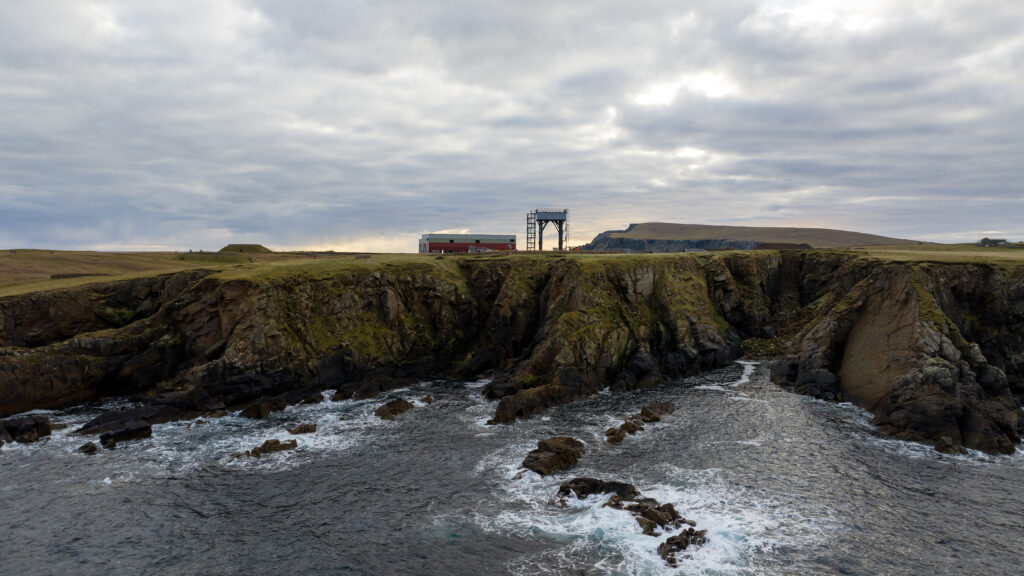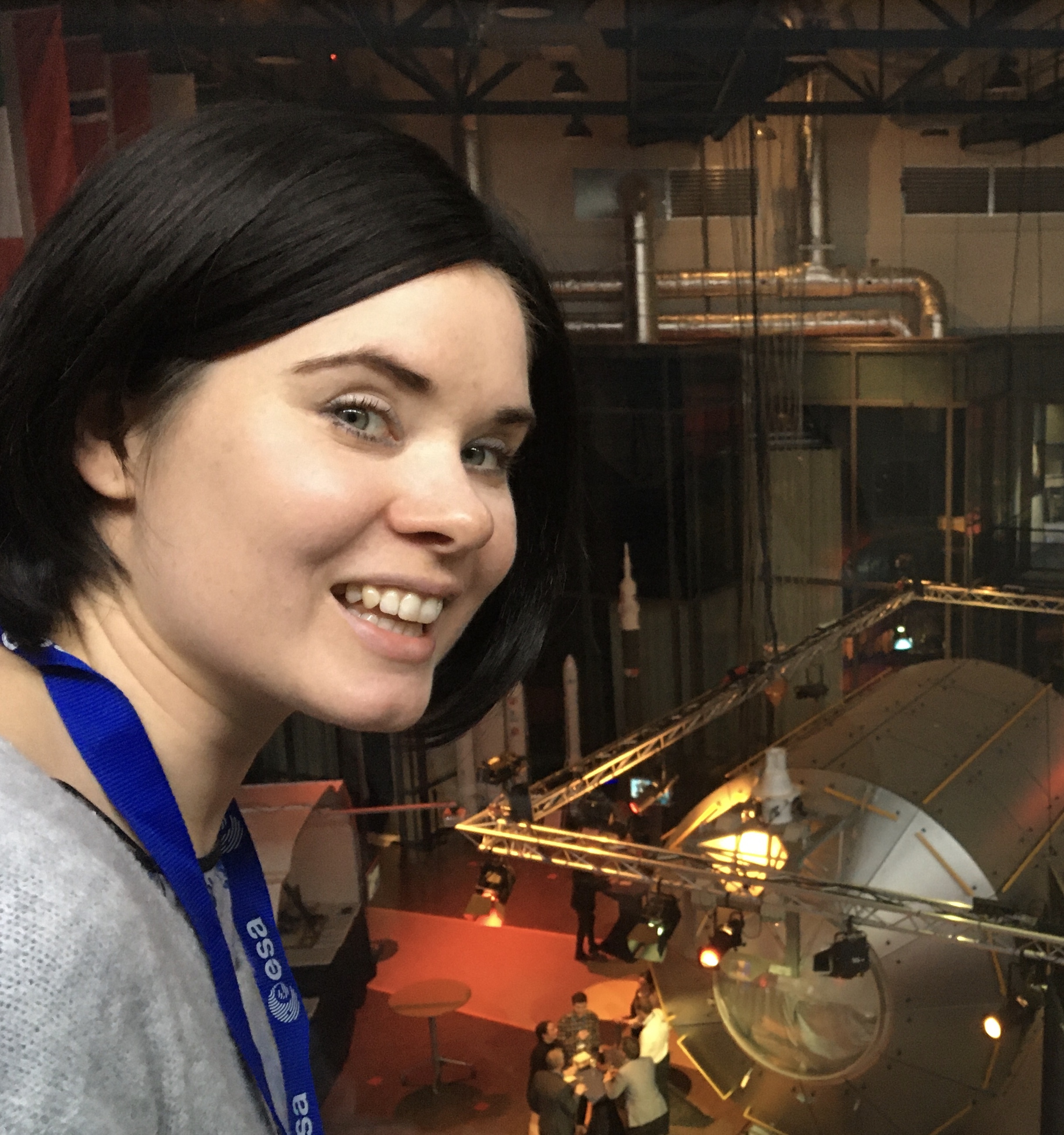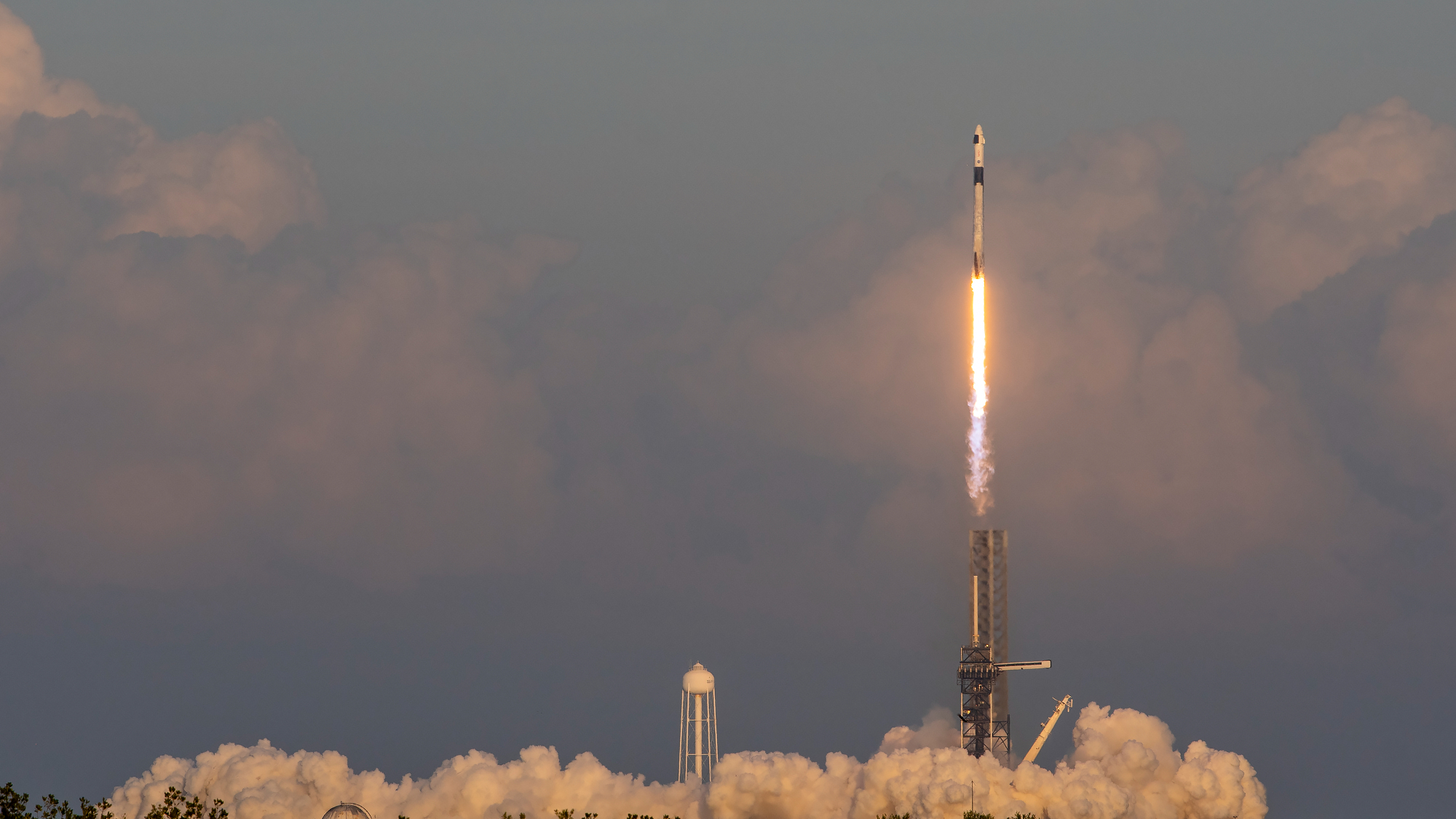Western Europe's 1st vertical spaceport cleared for launch, hopes to see rockets fly in 2024
A major hurdle has been cleared for Western Europe to possibly see its first vertical rocket launch in summer 2024.

The SaxaVord spaceport on the Shetland Islands off the northern coast of Scotland has officially become western Europe's first licensed spaceport capable of launching rockets vertically.
SaxaVord, located on Unst, the northernmost island of the Shetland archipelago, received a license from the United Kingdom's Civil Aviation Authority (CAA) on Sunday, Dec. 17. Although no debut launch date has been announced yet, the CAA said in a statement that the license "paves the way for rocket launches on U.K. soil from 2024."
SaxaVord, one of the two competing Scotland-based launch sites, has partnerships with several companies developing small satellite launchers including U.K.-based Skyrora, German-headquartered HyImpulse and Augsburg Rocket Company, and the U.S. aerospace giant Lockheed Martin.
Related: Europe's 1st continental spaceport is open for business in Norway
Skyrora, whose suborbital Skylark L rocket failed during a debut test flight in Iceland in December 2022, welcomed the new announcement. In an emailed statement, the company said it has previously applied for a CAA license to operate their vehicles from the U.K. and is awaiting the outcome.
"Two other licenses need to be granted to separate entities for a launch to be undertaken fully within the regulations: the Range Operator License and the Launching License," Skyrora's head of government affairs Alan Thompson said in the statement. "Skyrora has a live Launch License application being assessed and we eagerly anticipate permission to be granted early in 2024 to undertake a launch at SaxaVord in the summer."
Rocket Company Augsburg, too, expects to conduct its first orbital flight from SaxaVord next year, according to earlier reports in SpaceNews. Its compatriot firm HyImpulse recently received £3.4 million from the U.K. Space Agency to fund the testing of its hybrid propulsion rocket at the Shetland site and plans to launch a suborbital test rocket from Australia in early 2024.
Get the Space.com Newsletter
Breaking space news, the latest updates on rocket launches, skywatching events and more!
SaxaVord is one of three U.K. launch sites vying to become Europe's leading spacehub. The Sutherland Spaceport, located on the Scottish north coast some 260 miles (420 kilometers) southwest of SaxaVord, is still awaiting a license. But this site, located on the picturesque A' Mhòine peninsula, appears to have gained less traction with rocket companies, having secured just one main partnership — with U.K. based Orbex, which is developing its biofuel-fired Prime launcher in the nearby Forres.
The U.K. has another licensed spaceport — Newquay in Cornwall — which hosted the failed launch attempt by Virgin Orbit last year. Although the company's converted Boeing 747 successfully took off from Newquay's runway in January 2023 with the Launcher One micro-rocket on-board, that launcher failed shortly after its release from the carrier aircraft.
As Virgin Orbit has since filed for bankruptcy, there are no current plans to fly rockets from Cornwall, which can only support horizontal launches, meaning rockets are launched from aircraft after being carried to high altitudes underwing.
SaxaVord may therefore offer the much longed-for re-do of the U.K.'s maiden debut rocket flight. Despite the Virgin Orbit hiccup, the U.K. government has not soured on rocket flights, and has recently published a lessons learned report detailing the main problems leading up to the Virgin Orbit failure.
In a webinar accompanying the report's publication, Colin MacLeod, the head of U.K. spaceflight regulation at the CAA said that nine rocket companies have filed license applications with the authority and are awaiting decisions, according to SpaceNews.
The SaxaVord license allows the spaceport to host up to 30 launches per year. The U.K., which has a strong small-satellite manufacturing industry, hopes that the convenience of having a U.K.-made satellite launched from a U.K.-port on possibly a U.K.-made rocket could put SaxaVord and its counterparts at an advantage with customers compared to their foreign competitors.
"The granting of SaxaVord's spaceport license by the U.K. Civil Aviation Authority is a hugely exciting milestone as we look forward to the first vertical launches from UK soil in the coming year," Matt Archer, Director of Launch, U.K. Space Agency said in the CAA statement. "Getting to this stage is testament to the hard work by SaxaVord Spaceport and partners across government which moves us towards realizing our ambitions for the UK to be the leading provider of small satellite launch in Europe by 2030."
The U.K. government originally announced plans to build spaceports in the U.K. in 2014. Four years later, Sutherland, SaxaVord and Cornwall received funding to help get rockets off the ground. But competition in Europe has grown since. In October 2023, Spanish rocket start-up PLD Space successfully launched its suborbital Miura 1 rocket from Huelva in southwestern Spain.
Join our Space Forums to keep talking space on the latest missions, night sky and more! And if you have a news tip, correction or comment, let us know at: community@space.com.

Tereza is a London-based science and technology journalist, aspiring fiction writer and amateur gymnast. Originally from Prague, the Czech Republic, she spent the first seven years of her career working as a reporter, script-writer and presenter for various TV programmes of the Czech Public Service Television. She later took a career break to pursue further education and added a Master's in Science from the International Space University, France, to her Bachelor's in Journalism and Master's in Cultural Anthropology from Prague's Charles University. She worked as a reporter at the Engineering and Technology magazine, freelanced for a range of publications including Live Science, Space.com, Professional Engineering, Via Satellite and Space News and served as a maternity cover science editor at the European Space Agency.
-
Cdr. Shepard Paving the way by paving over the natural habitat of local flora and fauna before destroying the ozone layer above it with harmful alumina.Reply
Seems like Ms. Pultarova really hates nature.









